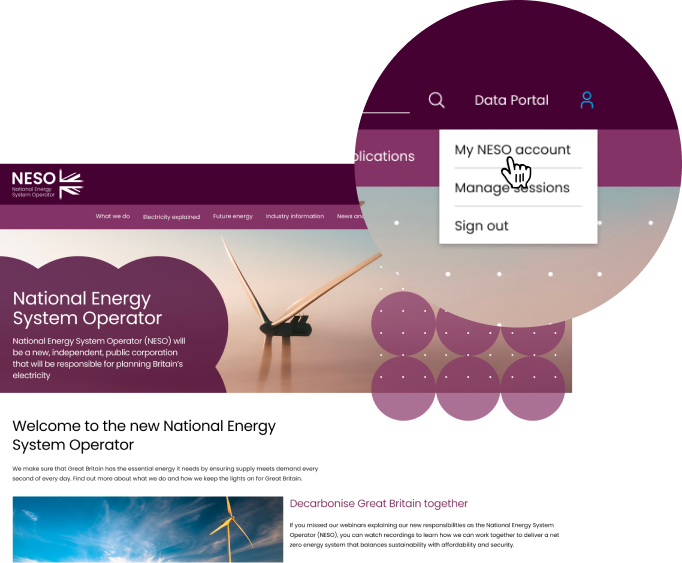DER Visibility and Probabilistic Modelling
Project summary
The energy industry is rapidly transforming from a one-way centralised grid to a highly distributed two-way electricity network.
| Name | Status | Project reference number | Start date | Proposed End date |
|---|---|---|---|---|
| DER Visibility | Complete | NIA2_NGESO029 | Mar 2023 | Jul 2023 |
| Strategy theme | Funding mechanism | Technology | Expenditure |
|---|---|---|---|
| Net zero and the energy system transition | NIA_RIIO-2 | Digital Network, Distributed Generation | £100,000 |
Currently there is limited visibility and data pertaining to Distributed Energy Resources (DERs) (e.g., power outputs, utilisation, locations) or forecasts for when new DERs will be connected. This is hampering the efficient transition to a low-cost, high-renewable electricity network. The ESO is utilising DNO data, however some information remains siloed and is in a range of formats, making it difficult to integrate into ESO processes. Therefore, it is necessary to understand what data sources are available and how they can be aggregated to better plan and provide increased flexibility.
Benefits
The rapid expansion of DERs offers new ways to improve system reliability, reduce energy costs for consumers and support the energy system transition. Increasing the visibility of DERs unlocks new power system opportunities and enables an increasing number of service providers to connect to distribution networks
Outcomes
The project has now completed and achieved its initial success criteria:
- Developing set of core documents including data management plan to address security and GDPR obligations.
- Delivered use cases for DER data grouped across 4 categories – data, system, visualization, and modelling.
- Producing a robust understanding of follow-on requirements with an informed decision to proceed with future phases to follow after ensuring technical and project resources availability.
Lessons Learnt
This project is the first of its kind to undertake a whole system DER data visualization and evaluate the feasibility of using ML/AI methods to produce value added actionable insight for the ESO and wider network entities. Future work will build upon the work done in this project and address the challenges through securing requisite data architecture/engineer technical and project management expertise to ensure any follow-on work is resourced appropriately to deliver its objectives.
In addition to the foundational use case, several other use cases have been identified, some of which may be progressed as individual projects within the DER visibility programme of work.
| Name | Published |
|---|---|
| NIA Project Registration and PEA Document | 04 April 2023 |
| Close Down Report | 30 July 2024 |
| Annual Progress Report | 27 July 2024 |
